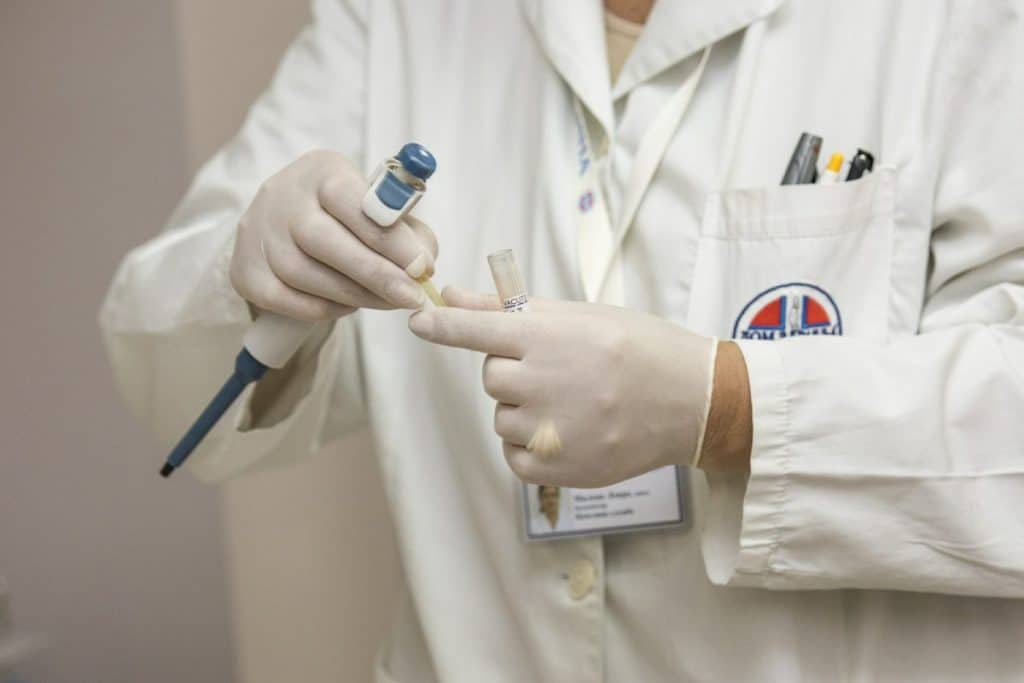It is known that the functioning of the human organism varies during the 24-hour day. This biological clock is gaining more and more importance – to the extent that some doctors want to use it as a tool in the fight against various diseases.
“There is a set of clocks in the body that optimize its functioning – it’s the circadian system,” explains Claude Gronfier, a researcher at the National Institute for Health and Medical Research (Inserm), a French public organization that deals with human health research.
It was previously known that these clocks exist, but after several decades of research it has been shown that human organs are more or less active during 24 hours – the digestive system, liver or heart are more prone to increased work at a certain time, regardless of the rhythm of eating or physical activity .
At the same time, research conducted on animals and then on humans showed that this rhythm is not just a reaction to the outside world, such as the change of day and night, but is written into our cells, starting with neurons in the brain.
In 2017, three researchers were awarded the Nobel Prize for Medicine for this research, but research on this health segment has been further accelerated in recent years and has shown that the circadian clock can be found in the cells of the entire organism.
“So there are circadian clocks in the liver, heart, lungs, kidneys, retina…”, Gronfier enumerates.
Understanding pain
Scientists have found that these clocks have a very different effect. A study led by Claude Gronfier, published this summer in the professional journal “Brain”, indicates that the perception of pain varies in intensity over the course of 24 hours.
As part of the research, scientists isolated twelve men from almost all external stimuli for almost a day and a half. Every two hours they were exposed to a heated probe. Their pain threshold was shown to vary systematically over time.
The researchers believe that this is a crucial step towards a better understanding of pain. One day, Gronfier believes, we could more successfully influence the treatment of pain, given the new knowledge about the circadian system.
Proponents and promoters of “chronotherapy” or “circadian medicine” believe that their application could be very diverse, ranging from oncology to cardiology to neurology.
For example, reminds Gronfier, the disruption of the biological clock is well known in the case of Alzheimer’s or Parkinson’s disease. But now it is known that it often occurs before the onset of symptoms, which means that it should be seen as a cause, not a consequence.
An idea ‘in conflict’ with reality
But despite this, “it is still a problem to apply knowledge about the role and importance of circadian clocks in medical practice”, researchers Ravi Allada and Joseph Bass warned last year in a paper published in the New England Journal of Medicine.
Scientists believe that there is a lack of techniques that would allow doctors to diagnose a biological clock disorder in a simple way and therefore give targeted advice to the patient about changing the rhythm of life that will help him avoid the development of various health problems.
But in some cases, the idea, which Gronfier enthusiastically defends, simply ‘conflicts’ with reality. Specifically, in the case of the time of day to administer chemotherapy to a cancer patient.
“Imagine if the research shows that the treatment must be carried out between 10 pm and 8 am: this would, without a doubt, present organizational problems” given that chemotherapy is carried out in a medical institution, warns oncologist Pierre Saintigny.
He points out that unfortunately “we already live in a world, at least when it comes to France, where the health system is on the verge of collapse. Indeed, you would have to be very persuasive to drastically change the work organization, which is already under enormous pressure, in these circumstances,” concludes the French oncologist.
Therefore, it is not enough just to prove the effects, but also to point out that they “have a huge impact on the successful treatment and survival of patients”, says Saintigny, adding that he believes that research in this area is still insufficient.
Track N1 via Android apps | iPhone/iPad and social networks Twitter | Facebook | Instagram.

